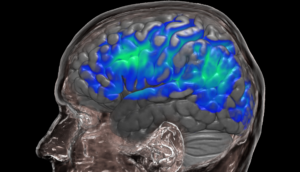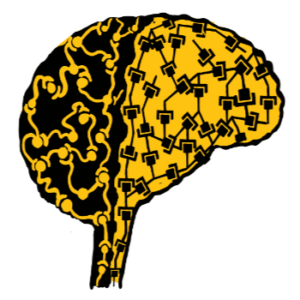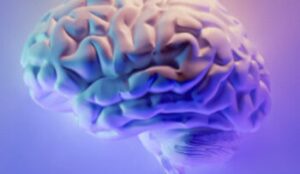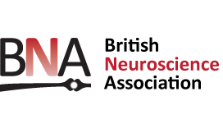
New research finds around a quarter of Labrador retriever dogs face a double-whammy of feeling hungry all the time and burning fewer calories due to a genetic mutation.

On Wednesday 28th February, a group of Cambridge Neuroscientists gathered to celebrate the opening of the ‘Trevor Robbins Cognitive Neuroscience Laboratory’ at the Department of Psychology. Speeches, lab tours, bubbles

Heads up! Call for submissions: 4th March – 31st May 2024 The British Neuroscience Association (BNA)will host its seventh

Scientists have found the strongest evidence yet that our brains can compensate for age-related deterioration by recruiting other areas to help with brain function and maintain cognitive performance.

New funding will allow researchers to uncover new information about the changes that occur in the developing brain during late childhood and adolescence, with a focus on both neurotypical and

Researchers have developed a robotic sensor that incorporates artificial intelligence techniques to read braille at speeds roughly double that of most human readers. The research team, from the University of

Amy Orben (MRC Cognition and Brain Sciences Unit) was one of five world experts selected by

EBRAINS (European Brain Research Infrastructures) has received €38 million from the European Commission to develop tools and services to serve research communities in neurosciences, brain medicine, and brain-inspired technologies.

Barbara Sahakian (Psychiatry) appeared on the Guardian Science Weekly podcast speaking about why many of us

The call for submissions to Brain and Neuroscience Advances’ Special Collection is open!